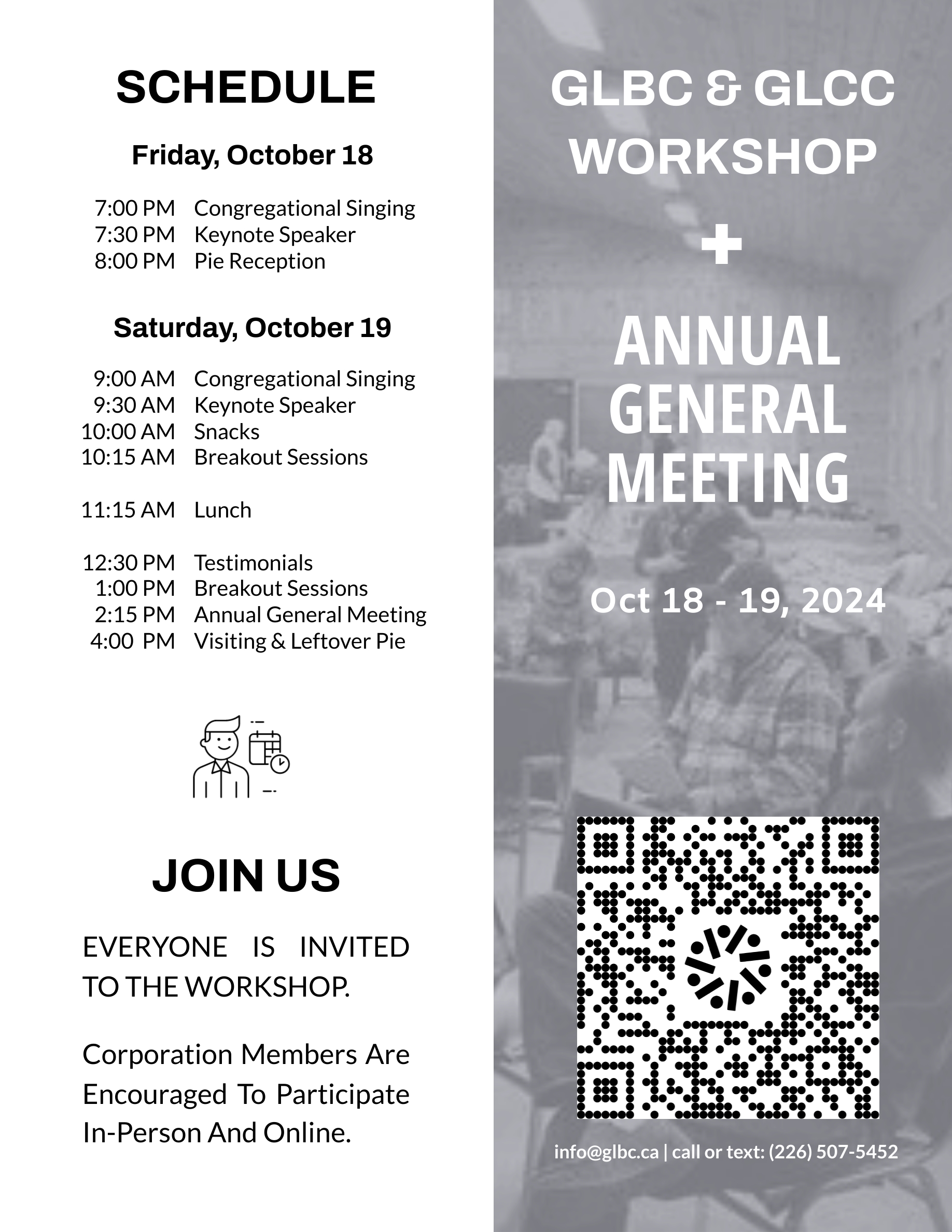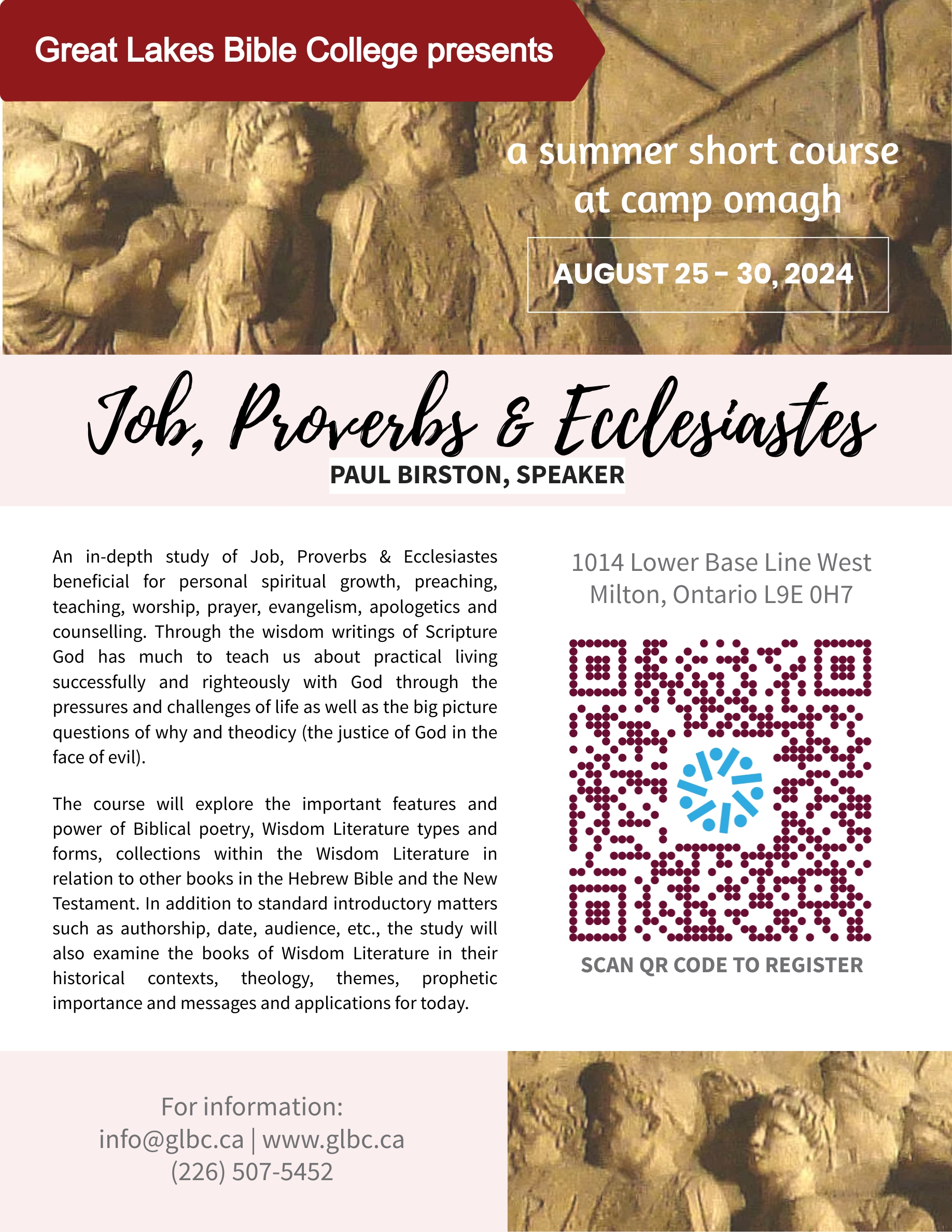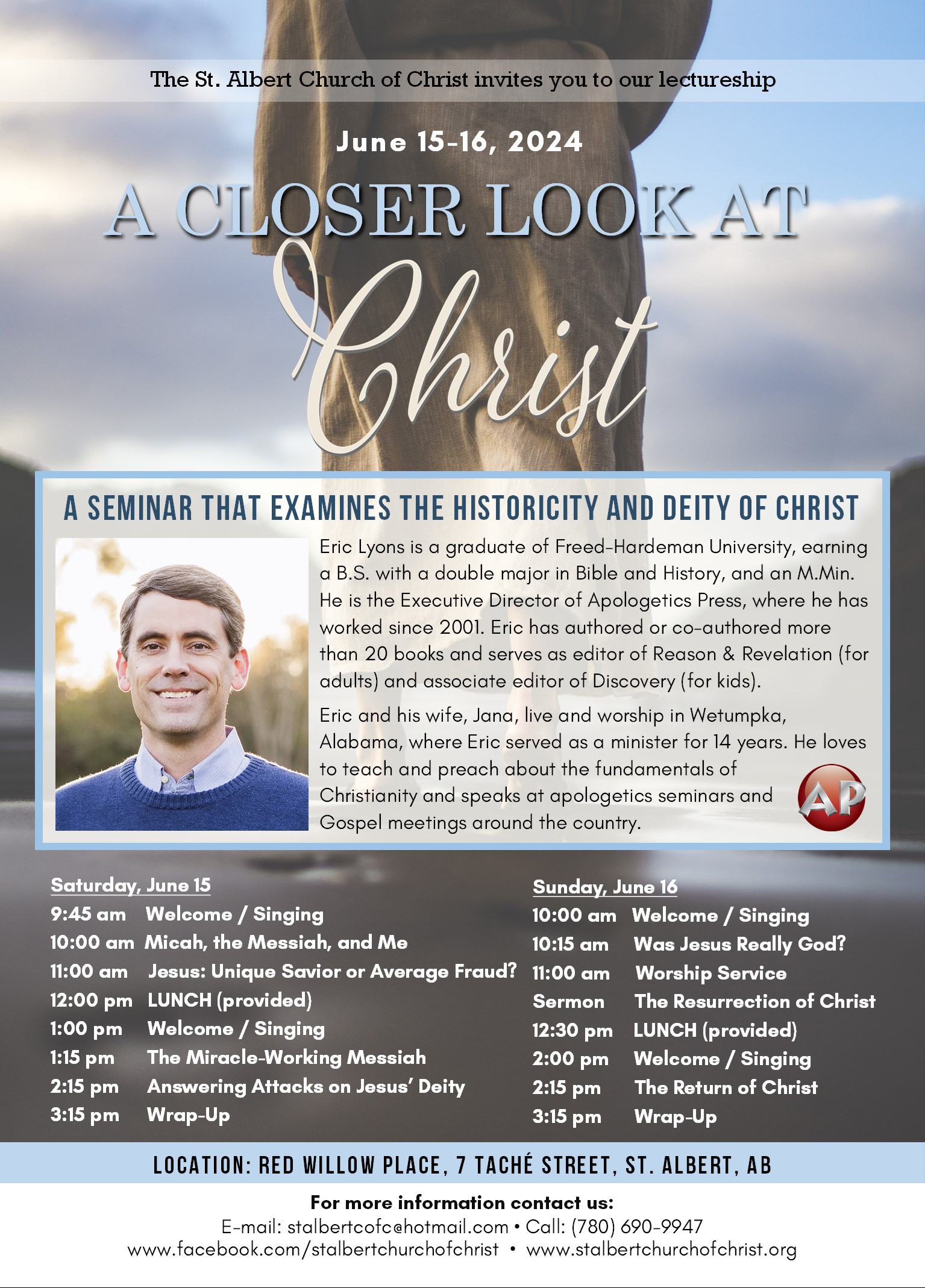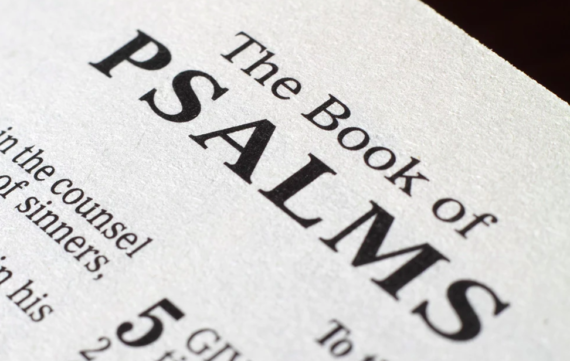We have various cultural proverbs that indicate the relative unimportance of words. We say, “Talk is cheap.” We say, “Sticks and stones, but words will never hurt me.” We say, “A picture is worth 1000 words.”
But it is not true. Words are powerful. Cheap talk often lands us in trouble. Words often hurt more deeply than stones. The proverb should perhaps be, “Sticks and stones may break our bones, but words can really hurt us.” Christians should not claim that a picture is worth 1000 words. God chose words, not pictures, as his primary means of communication with us. What three pictures would be worth more to us than the Sermon on the Mount (which contains less than 2500 words)?
This is a Psalm about the power of words.













Destructive Power
It tells us of the destructive power of evil communication. The godly are disappearing (1), and the main reason given is deceptive talk (2).
Save, O Lord, for the godly one is gone; for the faithful have vanished from among the children of man. 2 Everyone utters lies to his neighbour; with flattering lips and a double heart they speak.
The whole idea of language is to enable us to build a bridge from one mind to another. But we have corrupted language. We use it more often to erect barriers than to build bridges. We cloak our actions in a curtain of deceptive speech. We exalt ourselves in pride rather than building one another up.
False talk does this, obviously. But much that is not factually false may still be destructive. The KJV & NKJV seem to indicate vain or idle talk rather than outright lies as the problem.
The KJV reads “They speak vanity every one with his neighbour: With flattering lips and with a double heart do they speak” (2). Food does not have to be actual poison to be unwholesome.
We are taught in Ephesians to “Let no corrupting (unwholesome, NIV) talk come out of your mouths, but only such as is good for building up, as fits the occasion, that it may give grace to those who hear” (Eph 4:29). Sadly, I have heard Christians affirm the opposite. “If what I say is true then it isn’t gossip.” Sorry to disagree, but it may be deadly gossip. To repeat a fact that does not need to be repeated and that will harm another is sin.
Can we pray with the Psalmist, “May the Lord cut off all flattering tongues and lips that boast” (3) or would such a prayer be self-condemnation?
We need to beware of the destructive power of evil. We need to keep a rein on what we say. We need to control, as much as possible, what we hear.
Power of Prayer
The psalm also tells us of the power of prayer.
“Because the poor are plundered, because the needy groan, I will now arise,” says the Lord; “I will place him in the safety for which he longs” (5).
The “groaning of the needy” are of concern to the Lord. He will protect us (7). That does not mean that he will always deliver us in just the way we expect, but he will hear us. Our prayers do matter. The prayer of Jesus was heard by the Father (Heb 5:7). Jesus still went to the cross, but his prayer was heard and answered – not by avoiding the cross, but by the strength he was granted to endure it.
In the face of the evil power of deceptive communication all around us, in view of our own tendency to be corrupt in our speech, we must be more diligent in prayer. It is powerful.
The evil will continue to prowl (and even strut, NIV) as long as vileness is exulted. The situation we face is nothing new. We need to beware not only of their actions, but even of their words.
But the best thing we can do to defend ourselves from them is to watch our own words, making sure that the power of our speech is not used for evil. Making sure that we rely on the power of prayer and the certainty of God’s promise.

